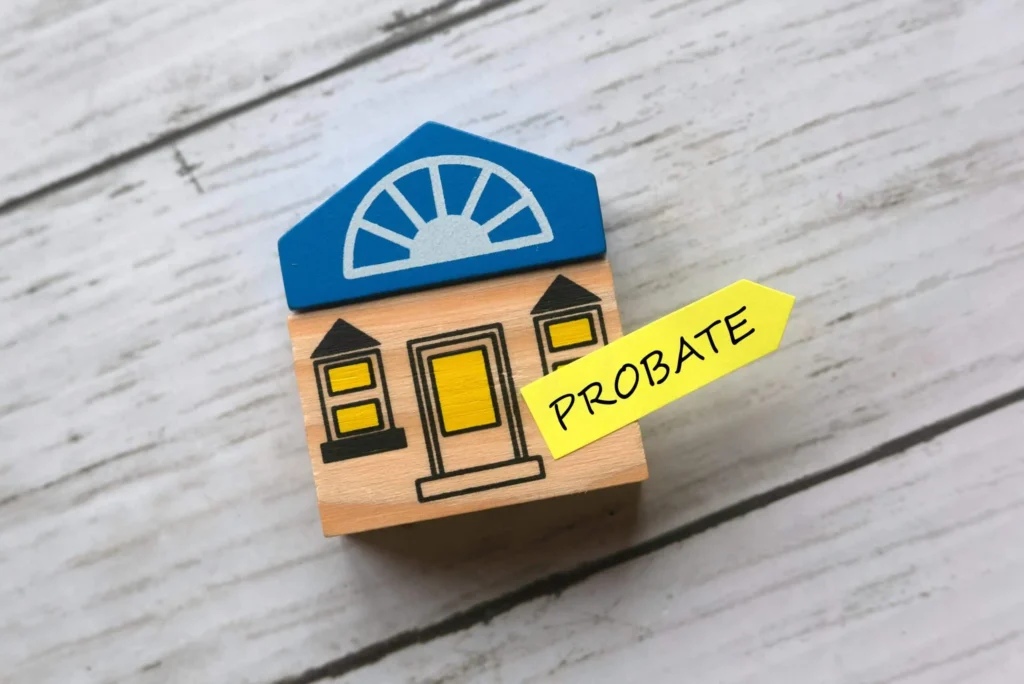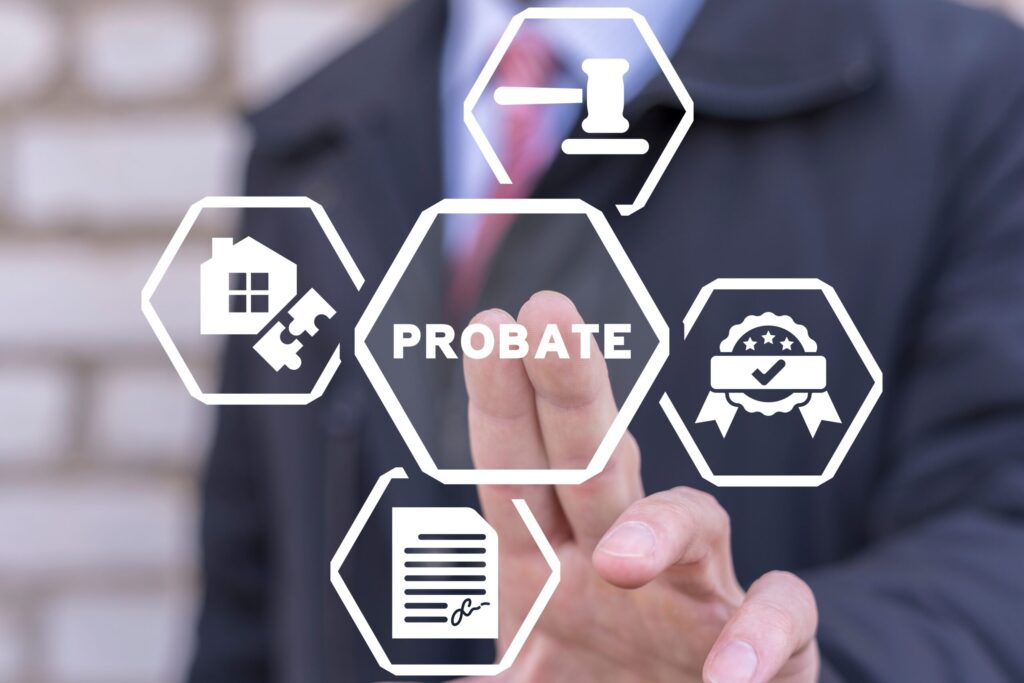Understanding the Probate Process in Texas
The probate process in Texas involves several key steps that must be followed to ensure the proper distribution of a deceased person's assets. It begins with the filing of the will, if one exists, and the appointment of an executor or administrator who will oversee the estate. Understanding these steps can help families navigate the complexities of probate more effectively.
In Texas, the probate process typically includes validating the will, inventorying the estate's assets, paying debts and taxes, and ultimately distributing the remaining assets to the heirs. It is essential for individuals involved to be aware of timelines and legal requirements to avoid delays and complications during this emotional time.
Common Challenges in Texas Probate Cases
Probate cases in Texas can present various challenges, including disputes among heirs, issues with the validity of the will, and complications arising from debts owed by the deceased. Recognizing these potential challenges early can help families prepare and seek appropriate legal guidance.
For example, contested wills can lead to lengthy court battles, while misunderstandings about asset distribution can create rifts among family members. Engaging a qualified probate attorney can provide valuable support in resolving these issues and ensuring a smoother probate process.
The Role of Executors in Probate Administration
Executors play a crucial role in the probate administration process, as they are responsible for managing the estate according to the deceased's wishes. This includes gathering assets, paying debts, and ensuring that the estate is distributed fairly among beneficiaries.
In Texas, executors must adhere to specific legal obligations, such as filing necessary court documents and providing regular updates to beneficiaries. Understanding these responsibilities helps executors fulfill their duties efficiently and avoid potential legal pitfalls.
Probate Alternatives: What You Should Know
While probate is a common method for settling an estate, there are alternatives that may be more suitable for certain situations. Options such as living trusts, joint ownership, and transfer-on-death deeds can help individuals bypass the probate process entirely, saving time and reducing costs.
For instance, establishing a living trust allows assets to be transferred directly to beneficiaries without going through probate, which can be particularly beneficial for those looking to simplify the estate settlement process. Consulting with an estate planning attorney can provide insights into the best options available for individual circumstances.



